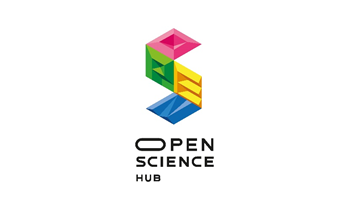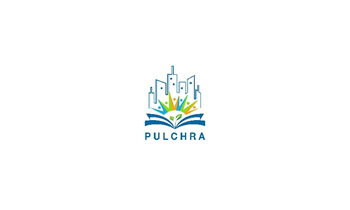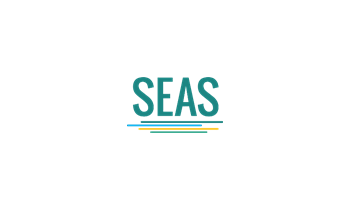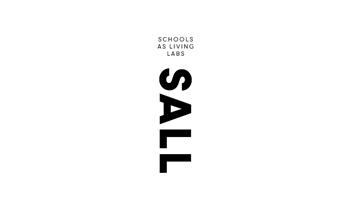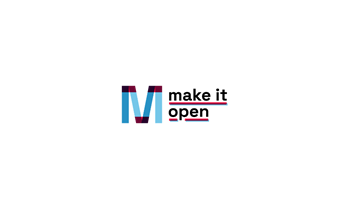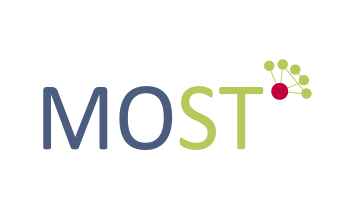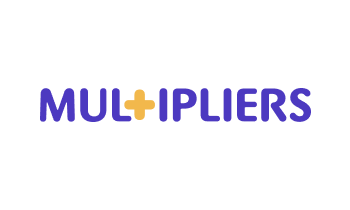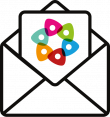Open Science Hub – active until 09/22
The Open Science Hub project engages schools and local stakeholders in using research and innovation as a tool to tackle local relevant challenges and contributing to sustainable community development. Importantly, OSHubs are being created in communities that traditionally do not engage with research and innovation due to various barriers – geographical location, socio-economic status, ethnic minority groups.
For that, OSHubs work as mediators in each local community – as school-driven Science Shops –, facilitating the bridge between the needs of the schools and their local context, and supporting them to become active agents for collaboration between families, universities, industry, local governments, civil and wider society, by engaging in real life projects that meet societal needs.
Coordinator: Universiteit Leiden, Netherlands
The OSHub project is funded by the European Union’s Horizon 2020 Programme, through Grant Agreement No. 824581.

